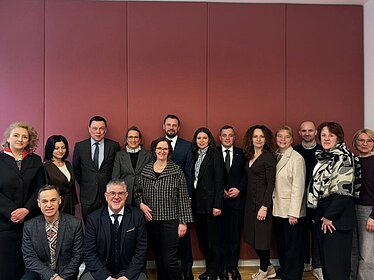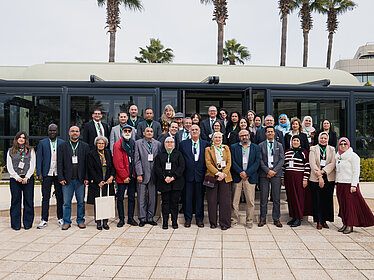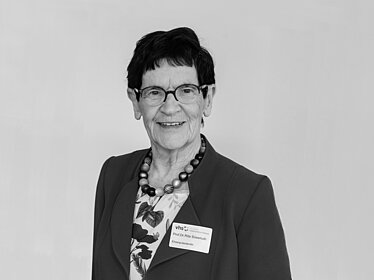
Malawi
DVV International began its work in Malawi in 2017 when it opened a regional office for Southern Africa in the capital city of Lilongwe.
Despite a largely stable political environment, the challenges faced by the landlocked country are daunting. These challenges include high rates of poverty, low levels of education, poor health care and rapid population growth. Development initiatives in all sectors are hampered by the high illiteracy rate in the country, estimated at 31.4% (2020). Of the 68.6% of Malawians who are classified as ‘literate’, many have received only minimal schooling.
Less than one per cent of the Malawian education budget is invested in adult learning and education (ALE), making it the worst-funded sub-sector of education. In addition, ALE is still often equated with merely reading, writing and arithmetic skills. As a result, the approximately 10,000 ‘literacy centres’ that the National Centre for Literacy and Adult Education (NACLAE) supports nationwide focus almost exclusively on these basic skills. However, because most young people and adults are interested in acquiring more practical life skills and knowledge, these centres generally have high dropout rates. With the support of DVV International, the government is now testing integrated ALE programmes in selected centres.
Main focus of work
- Policy advice: At the national level, work is being done with government and civil society actors on the implementation of ALE legislation (policy) and the mobilisation of the necessary resources. This is in line with the new national ALE strategy, which is based on the policy and was launched with expert advice from DVV International.
- Strengthening ALE professionals: Government employees are rarely qualified specifically for adult learning and education. They usually receive training in community development or a related field. Given the lack of financial resources and structures for training ALE professionals, the majority have also received little training or professional development for their jobs. In cooperation with DVV International, the Catholic University of Malawi (CUNIMA) has introduced the country’s first diploma programme in Adult Education and Development, which was launched in 2021.
- Monitoring and evaluation: DVV International is working with government and civil society partners to implement a national monitoring and evaluation framework and the corresponding management information system (MIS) to substantially improve the data on ALE.
- Developing integrated educational offers: Together with its partners, DVV International promotes integrated approaches that combine the teaching of technical skills, for example, in the fields of agriculture, health, entrepreneurship, etc., with the acquisition of reading, writing and arithmetic skills. Target groups are particularly marginalised groups such as young people with disabilities or prisoners.
Partners
At the national level, the Ministry for Gender Equality, Community Development and Social Welfare (MoGCDSW) is the most important partner along with the NACLAE. At the local level, DVV International works with organisations such as CUNIMA, the Centre for Human Rights, Education, Advice and Assistance (CHREAA) and the Forum for the Development of Youths with Disabilities (FDYD).





